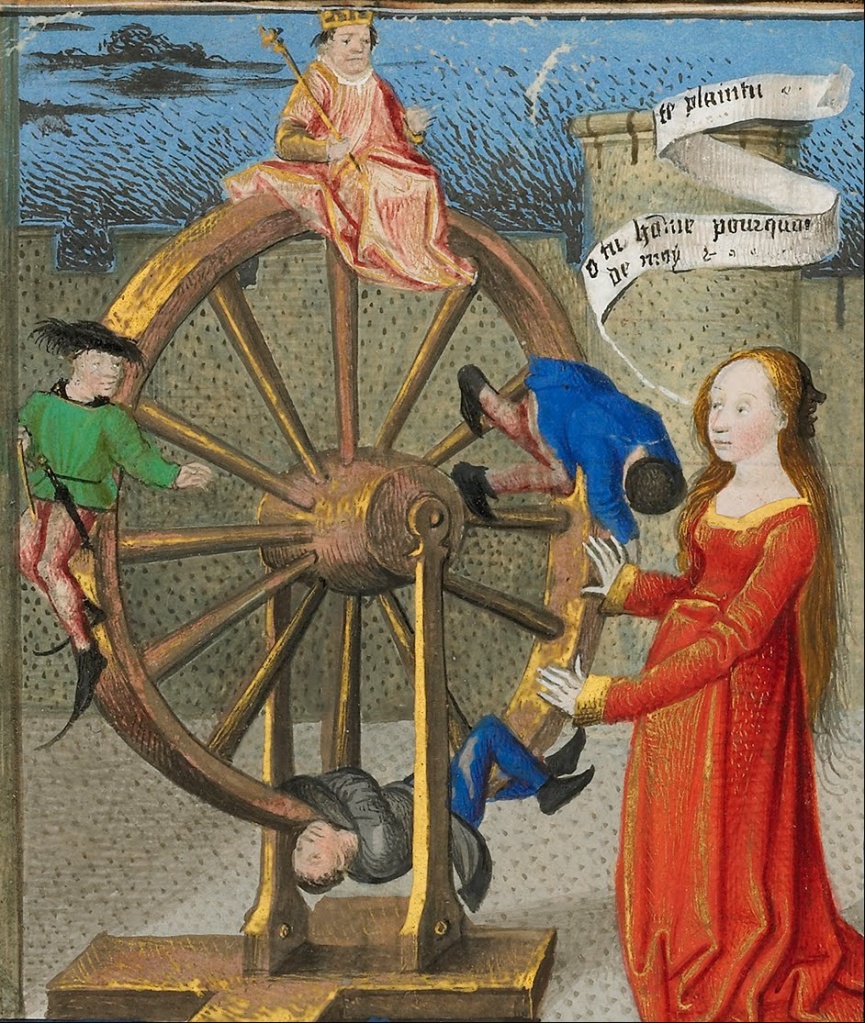
Vilonia, AR.
It is Tuscany yellow. The room where her
Mind will not stay. His is Othello’s
Rage portending a thousand slaughters.
The sun has set. Death rehearses
Violent hours. She hopes in sleep,
Perchance to dream, to wish—to be
No more unsifted. She Knows not
What she shall be. A battered Bitter’d
Soul sings a dirge. Weep willow—
For Barbara as she cries.
“Come all you forsaken and mourn you with me,
Who speaks of a false love, mine’s falser than he
—for I may die with his wound.”
She fears she does not yet know Who.
He spoke no words, He heard none too.
His razor sharp, His cuts heal.
Made serene in His tempest. Wreck’d by the Quiet.
So begins the prologue of the literary memoir of a formerly good girl. Existential angst? Uh-huh. Crisis of meaning? You bet. Boethian? Most assuredly. “I find your writing is elegant, almost poetic at times—you have a real gift of written expression, it is obvious you are well read,” responded a major publisher. The manuscript outlined the bad fortune of a family overtaken by a number of disorders, betrayal, corporate espionage, AIDS, abandonment, patricide, filicide, suicide, and an eros that dare not speak its name. Like Boethius, who suffered grave injustices through no fault of his own, she was alone in a room with an almost disinterested stranger pondering the unlucky turn of a home destroyed. The misfortune is spiritual fodder for “all things working together for the good.” What is good? Surely, a book deal is good. But, the publisher urged her to “go back through it and make your points a little more starkly, but not luridly.”
Click below to continue…
Published in Front Porch Republic: https://www.frontporchrepublic.com/2020/09/awakening-to-virtue-confessions-of-a-well-read-unlucky-good-girl/



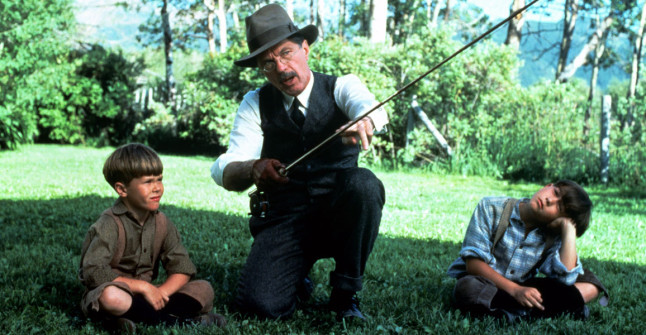
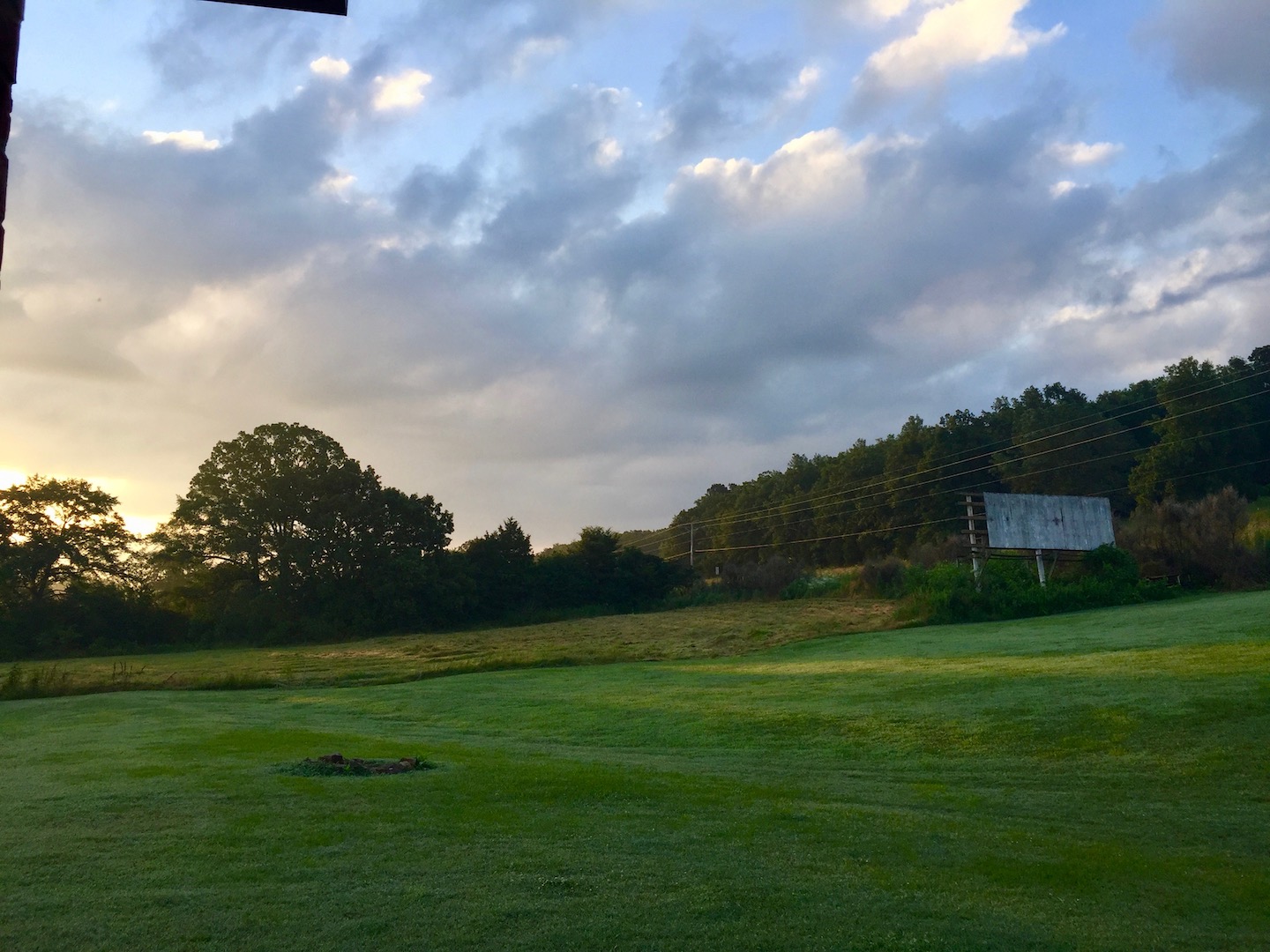 Read full article at Front Porch Republic
Read full article at Front Porch Republic 
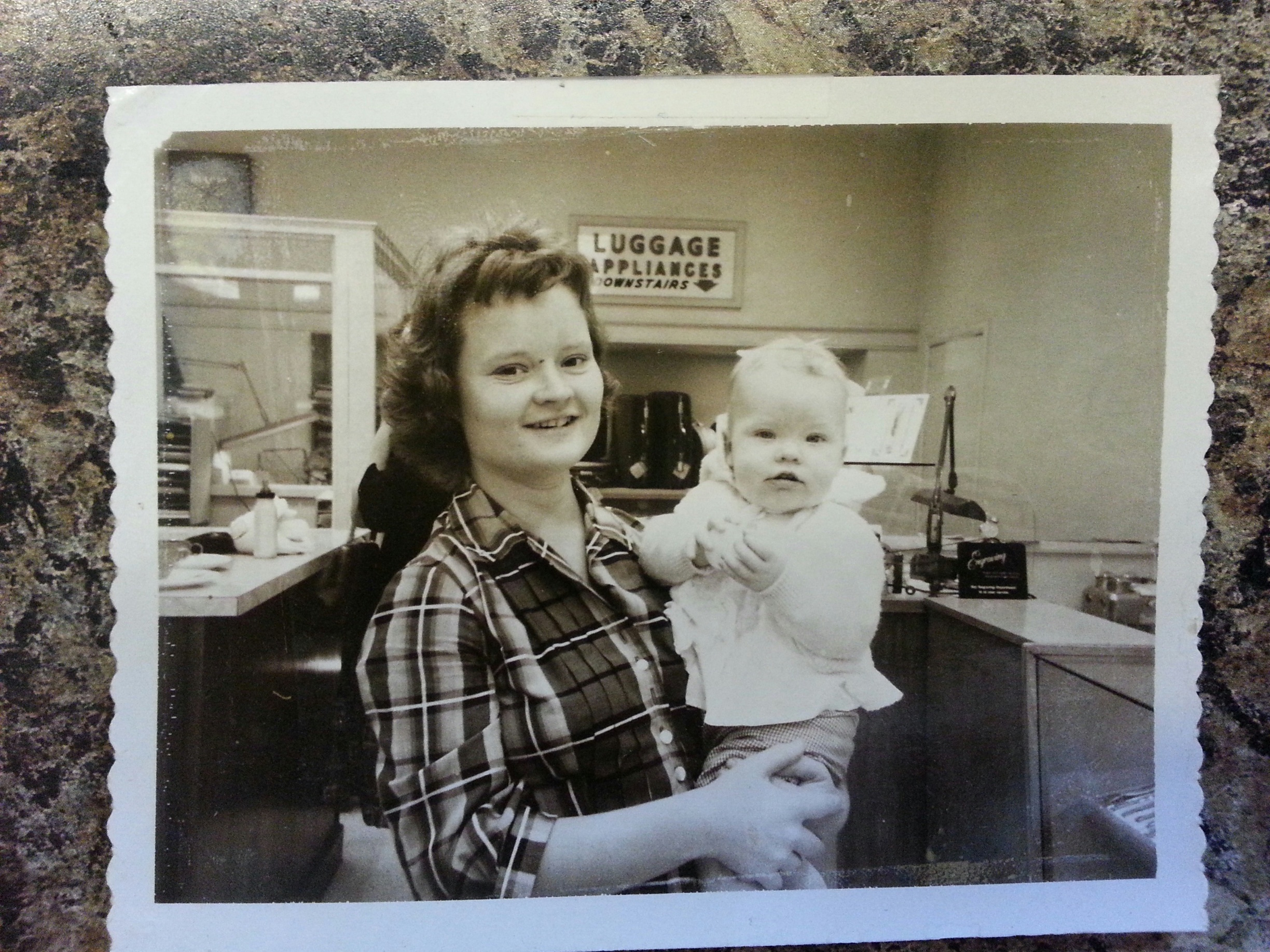
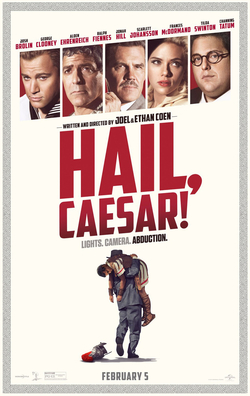 Ok, so I confess, Hail, Caesar!, the Coen brothers’ just released comedy about old Hollywood, beckoned me come for one reason…True Grit.
Ok, so I confess, Hail, Caesar!, the Coen brothers’ just released comedy about old Hollywood, beckoned me come for one reason…True Grit.